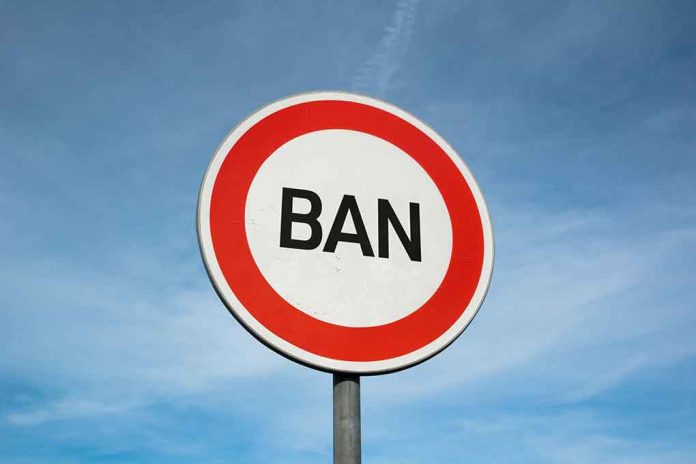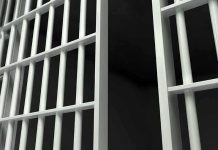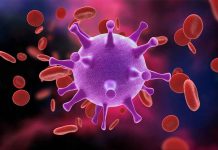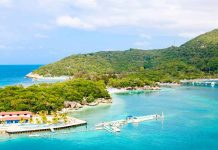
South Korean President Yoon Suk Yeol reportedly made a contentious attempt to enforce martial law last week, leading to a criminal probe and travel restrictions.
At a Glance
- President Yoon faces a criminal probe and travel ban over his recent martial law declaration.
- The martial law order led to widespread protests and demands for impeachment.
- Several high-ranking officials resigned following the incident.
- The martial law order was lifted just six hours after rejection by lawmakers.
The Martial Law Declaration
Yoon Suk Yeol declared martial law, citing national security concerns, but it quickly ended amidst significant backlash. The order restricted political activities and censored the media, lasting a mere six hours before lawmakers nullified it. This act instigated protests with demands for Yoon’s resignation or impeachment. Demonstrations erupted nationwide, further fueling political instability in South Korea.
“I believe it is the will of the majority South Korean people that President Yoon Suk Yeol must resign,” Han Dong-hoon stated, underscoring public sentiment. Lawmakers swiftly intervened, rejecting the martial law, while Yoon narrowly avoided impeachment. The opposition Democratic Party vehemently criticized the People’s Power Party’s (PPP) plan, denouncing it as unconstitutional and questioning the Prime Minister’s authority.
South Korea martial law fallout deepens as President Yoon Suk Yeol targeted in criminal probe https://t.co/4E5st3KQkd pic.twitter.com/TC32AIY48B
— New York Post (@nypost) December 9, 2024
Resignations and Political Fallout
The fallout from the martial law attempt led to several resignations within the government. Key figures such as former Defence Minister Kim Yong-hyun and former Interior Minister Lee Sang-min stepped down. These developments have left South Korea’s political landscape in disarray, with the nation’s governance now spearheaded by Prime Minister Han Duck-soo in coordination with the PPP.
South Korea’s Justice Ministry said on Monday that an overseas travel ban was imposed on President Yoon Suk-yeol during an investigation into his short-lived declaration of martial law.
Yoon faces accusations of insurrection and treason, with a potential impact on diplomatic relations. The opposition continues to pursue impeachment despite his public apology and promise to avoid repeating the declaration. This turmoil raises concerns over North Korea’s possible exploitation of the situation.
Military and National Security Implications
Military commanders in South Korea expressed discontent with the use of martial law for political purposes. Chun In-bum, a retired military official, noted, “I think (military commanders) are very disappointed, some of them are feeling that they have been betrayed. It will take a lot of work to regain the trust of the military.” The unity within South Korea’s defense apparatus is crucial, especially amid potential provocations from North Korea.
North Korea will probably take a wait-and-see approach toward these events, but it cannot be ruled out that Pyongyang will attempt to exploit divisions in Seoul.
Ultimately, the ongoing investigation and political storm may alter South Korea’s domestic governance and its external relations. The emphasis on resolving this crisis remains pressing, with potential long-term ramifications on peace and stability in the region.
Sources
- Travel ban on S Korea president after martial law attempt
- South Korea’s President Yoon banned from travelling abroad amid martial law probe
- South Korea imposes travel ban on president over martial law declaration
- South Korea martial law fallout deepens as President Yoon Suk Yeol targeted in criminal probe













